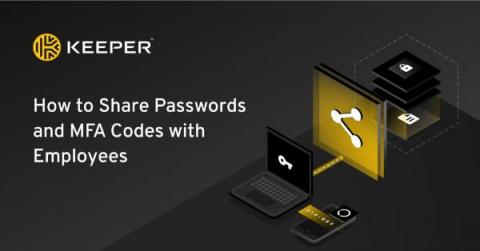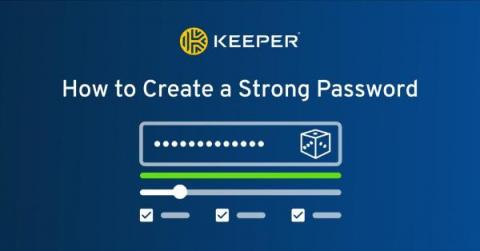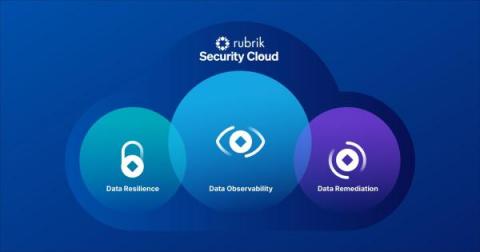3 examples of organizations that could have benefited from a CASB
In recent times, the widespread use of cloud services has become common for most organizations. While many organizations now enjoy the savings and convenience afforded by hosting their data and services on cloud platforms, this shift towards the cloud brings with an increased vulnerability to data theft and cyberattacks.











